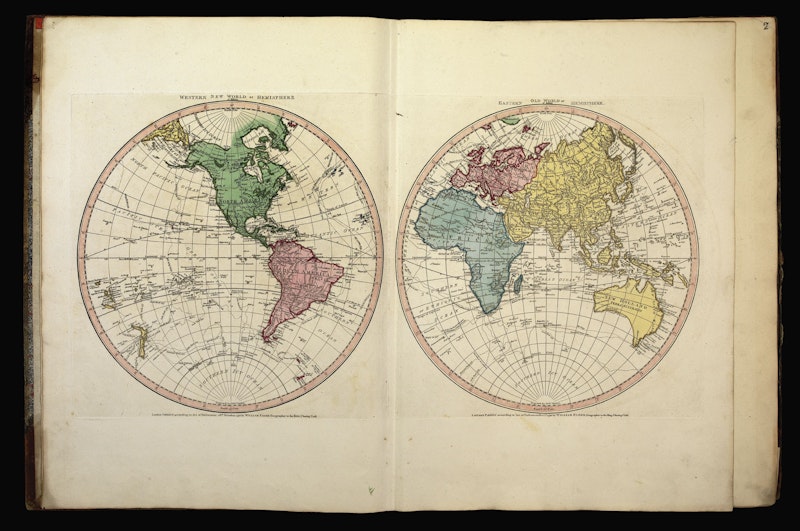Language is important. It’s how we frame our world. The words we choose to describe something affect the way we feel. The current word we’ve chosen for our enforced isolation in the face of the pandemic is “lockdown.” This has unfortunate connotations.
A lockdown is what happens in prison. It’s a way of enforcing prison security in the event of a riot. It suggests that we’re inmates in a prison system rather than free agents in a civil world.
I have a number of anarchist friends who’d agree with this. Yes this is exactly how it is, they say. It may appear as if we have free choice, but the agents of violence are always there, lurking in the background, to ensure we obey the rules, even when we disagree.
But there are other, more subtle, ways by which the rules are being enforced: through social conditioning and public shaming for example. We’ve really seen the latter come into its own during the current crisis. People are staying indoors, not because the police are roaming the streets forcing people to self-isolate at gunpoint—not yet anyway—but because their neighbors are keeping an eye on them, ensuring that everyone adheres to the consensus view.
I agree with them. After an initial period of doubt, I’ve come to accept that we must stay indoors, even if we’re well, in order to avoid spreading the virus to those who are more vulnerable, and to free up capacity in our chronically underfunded health service.
I’m not, however, in lockdown. I’m meditating. I’m on retreat. I’ve become a hermit in my own home. The strongest feeling I’ve had since going into isolation is that we’re all being thrown in on ourselves. We’re being made to look inwards. And the really interesting thing about this is that, when you look inside yourself, you find everyone else there too.
I find I have two distinct kind of thoughts: those that are about myself, how I can look after myself and ensure that I come through this crisis intact, my self-preservation thoughts; and thoughts that are about other people, wondering how they’re feeling, and what I may be able to do to help.
The thoughts about other people have more power than the thoughts about myself. If I have a selfish thought I find that it’s almost immediately countered by something more generous. We’re all in the same boat really, all going through the same thing. It’s hard to pretend you’re a special case when everyone’s suffering; hard to make out you’re unique when the whole world is in exactly the same position. It’s not that I’ve stopped thinking about myself—who can?—it’s that I’m discovering that my own individual life is part of a continuum which includes all of creation.
Being on my own reminds me how much I need my friends.
It seems to me that this crisis is timely and necessary. We should all do this: we should reflect about ourselves and our place in the world. It’s not only other people we need: it’s all the other living creatures too. I saw a plane flying overhead the other day, leaving its trail, the first for many days. I thought, “Get out of the sky you intruder, stop pumping your poisons into the atmosphere.” I often have thoughts like this, but the difference now is it was clearer and more emphatic than before and that I felt sure that other people were thinking it at the same time.
Imagine the pristine skies, free of pollution, the clear waters teeming with life, the city centers relieved of traffic, the earth rich with nutrients, the wild places thriving, the animal kingdom coming back to life: the birds and the bees and the butterflies, the whale and the owl and the wolf. Yes and wild humanity too, freed of its constraints, able to express itself fully, able to dance the dance of creation: doesn’t this fill you with hope?
What happens next is up to us. Be assured, there are people out there who’ll want to profit from the situation; who’ll want to ensure that the world stays exactly as it is, with their privileges intact. They’ll already be working towards this end, using coronavirus as the cover.
We mustn’t let them get away with it.

